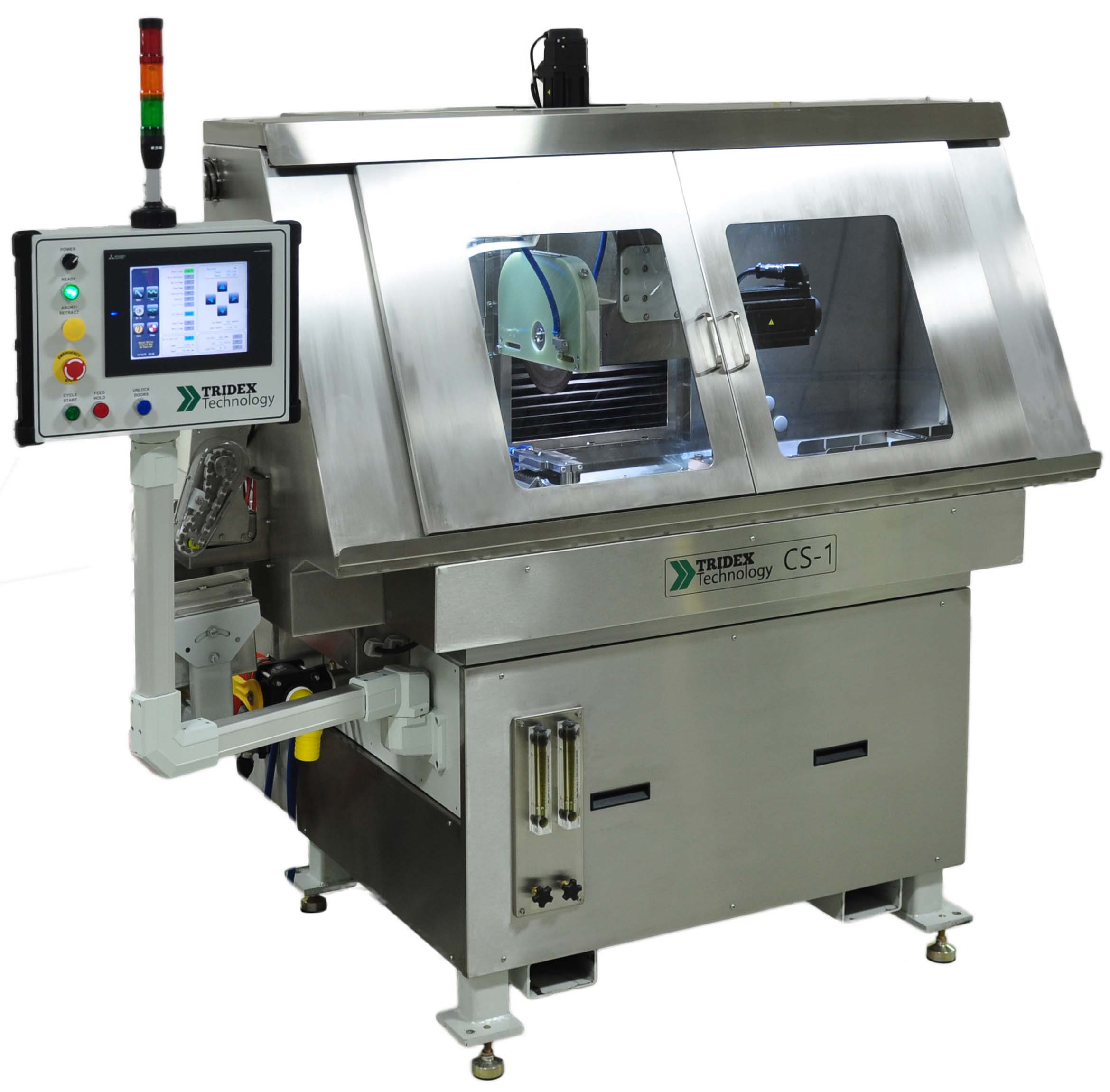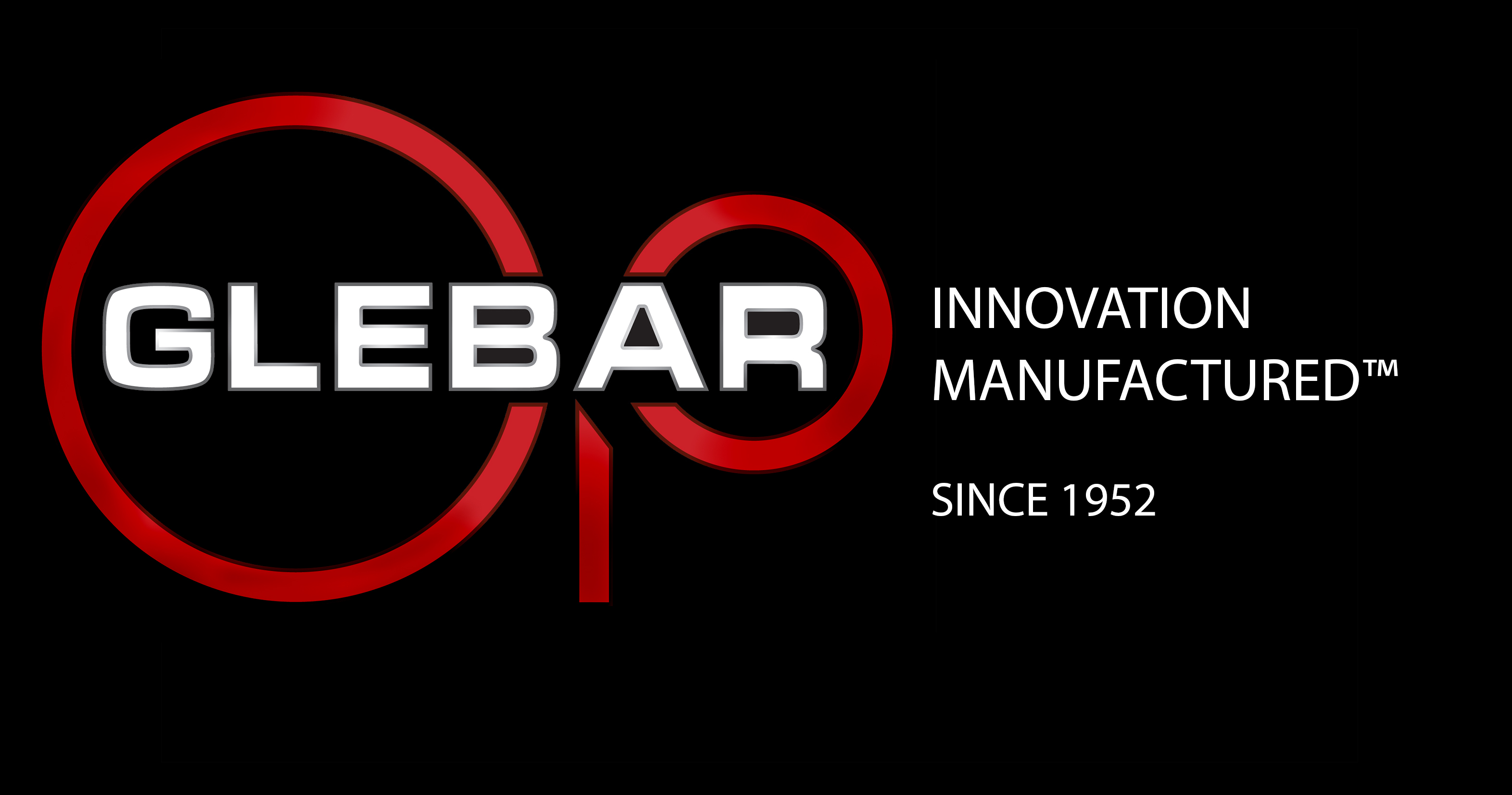
Glebar Co., a Ramsey, New Jersey-based precision grinding solutions organization, announced the acquisition of Tridex Technology Ltd. Tridex is a leader in electrochemical grinding (ECG) technology, bolstering double-digit growth since inception. Tridex specializes in the design, manufacture, application development and automation of electrochemical grinders, cut off machines and precision abrasive cut off solutions. With over 100 years of combined ECG experience and a vast array of applications in the medical and aerospace industries, to name two, Tridex provides turnkey solutions and services tailored to its customer’s needs.
“We are humbled by this transformational opportunity and are excited to welcome the Tridex team to Glebar. Both companies’ respective customers will benefit from the synergy we create together,” said Robert Baker, CEO of Glebar Co. “This is hopefully the first acquisition of many and marks a new chapter in our 67-year history.”
Adam Cook, chairman, added, “This partnership is another step in the Glebar growth story. Tridex further bolsters our core focus within the nonelective medical minimally invasive procedures market and expands our reach in aerospace and other industries. Under Robert’s leadership, we are well positioned to aggressively pursue targeted organic and inorganic opportunities.”
“The technological advantages of this acquisition are plentiful. Our offering to our customers takes a big step forward today as we head into the next decade,” said John Bannayan Chief Technology Officer.
“We are excited to be joining the Glebar team. The combined entity will facilitate continued growth to better serve our customers and all stakeholders,” said Daniel Stern, president and CEO of Tridex Technology.
Tridex Technology's ECG technology combines abrasive grinding with electrochemical machining to provide stress free, low force cutting with no burrs and no metallurgical damage such as recast, heat affected zone, burning or work hardening. ECG is widely used for tube cutoff of materials such as stainless steel hypodermic needle tubing where deburring is not practical. ECG is also used for aerospace applications such as fragile honeycomb materials and turbine airfoils where the material is thin, fragile and heat sensitive. Materials such as cobalt-chrome, Hastelloy, Inconel and Nitinol, which are very difficult to machine with conventional methods, can be easily and accurately cut with ECG. The abrasive technology is widely used in the aerospace fastener industry for cutoff of high-temperature alloys, titanium and tool steel bars.
Contact Details
Related Glossary Terms
- abrasive
abrasive
Substance used for grinding, honing, lapping, superfinishing and polishing. Examples include garnet, emery, corundum, silicon carbide, cubic boron nitride and diamond in various grit sizes.
- alloys
alloys
Substances having metallic properties and being composed of two or more chemical elements of which at least one is a metal.
- burning
burning
Rotary tool that removes hard or soft materials similar to a rotary file. A bur’s teeth, or flutes, have a negative rake.
- cutoff
cutoff
Step that prepares a slug, blank or other workpiece for machining or other processing by separating it from the original stock. Performed on lathes, chucking machines, automatic screw machines and other turning machines. Also performed on milling machines, machining centers with slitting saws and sawing machines with cold (circular) saws, hacksaws, bandsaws or abrasive cutoff saws. See saw, sawing machine; turning.
- electrochemical grinding
electrochemical grinding
Variation on electrochemical machining that uses a conductive, rotating abrasive wheel. Chemical solution is forced between the wheel and the workpiece. Shape of the wheel determines the final shape.
- electrochemical machining ( ECM)
electrochemical machining ( ECM)
Operation in which electrical current flows between a workpiece and conductive tool through an electrolyte. Initiates a chemical reaction that dissolves metal from the workpiece at a controlled rate. Unlike with traditional cutting methods, workpiece hardness is not a factor, making ECM suitable for difficult-to-machine materials. Takes such forms as electrochemical grinding, electrochemical honing and electrochemical turning.
- grinding
grinding
Machining operation in which material is removed from the workpiece by a powered abrasive wheel, stone, belt, paste, sheet, compound, slurry, etc. Takes various forms: surface grinding (creates flat and/or squared surfaces); cylindrical grinding (for external cylindrical and tapered shapes, fillets, undercuts, etc.); centerless grinding; chamfering; thread and form grinding; tool and cutter grinding; offhand grinding; lapping and polishing (grinding with extremely fine grits to create ultrasmooth surfaces); honing; and disc grinding.
- hardening
hardening
Process of increasing the surface hardness of a part. It is accomplished by heating a piece of steel to a temperature within or above its critical range and then cooling (or quenching) it rapidly. In any heat-treatment operation, the rate of heating is important. Heat flows from the exterior to the interior of steel at a definite rate. If the steel is heated too quickly, the outside becomes hotter than the inside and the desired uniform structure cannot be obtained. If a piece is irregular in shape, a slow heating rate is essential to prevent warping and cracking. The heavier the section, the longer the heating time must be to achieve uniform results. Even after the correct temperature has been reached, the piece should be held at the temperature for a sufficient period of time to permit its thickest section to attain a uniform temperature. See workhardening.

